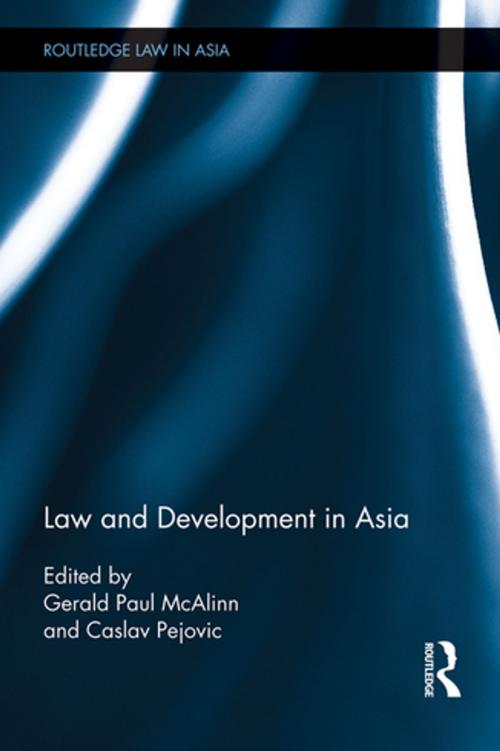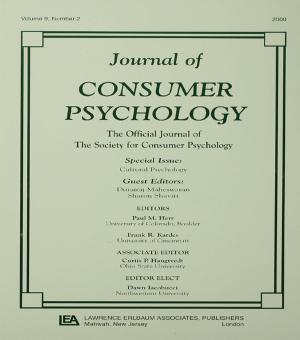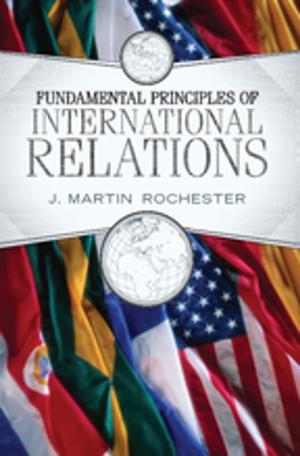Law and Development in Asia
Nonfiction, Social & Cultural Studies, Social Science, Cultural Studies, Ethnic Studies, Reference & Language, Law| Author: | ISBN: | 9781136517105 | |
| Publisher: | Taylor and Francis | Publication: | March 15, 2012 |
| Imprint: | Routledge | Language: | English |
| Author: | |
| ISBN: | 9781136517105 |
| Publisher: | Taylor and Francis |
| Publication: | March 15, 2012 |
| Imprint: | Routledge |
| Language: | English |
This book fills a gap in the literature by presenting a comprehensive overview of the key issues relating to law and development in Asia. Over recent decades, experts in law and development have produced multiple theories on law and development, none of which were derived from close study of Asian countries, and none of which fit very well with the existing evidence of how law actually functioned in these countries during periods of rapid economic development. The book discusses the different models of law and development, including both the developmental state model of the 1960s and the neo-liberal model of the 1980s, and shows how development has worked out in practice in relation to these models in a range of Asian countries, including Japan, Korea, China, Thailand, Singapore, India and Mongolia. Particular themes examined include constitutionalism, judicial and legal reform; labour law; the growing importance of private rights; foreign investment and the international law of development. Reflecting the complexity of Asian law and society, both those who believe in an "Asian Way" which is radically different from law and development in other parts of the world, as well as those who believe the arc of law and development is essentially universal, will find support in this book.
This book fills a gap in the literature by presenting a comprehensive overview of the key issues relating to law and development in Asia. Over recent decades, experts in law and development have produced multiple theories on law and development, none of which were derived from close study of Asian countries, and none of which fit very well with the existing evidence of how law actually functioned in these countries during periods of rapid economic development. The book discusses the different models of law and development, including both the developmental state model of the 1960s and the neo-liberal model of the 1980s, and shows how development has worked out in practice in relation to these models in a range of Asian countries, including Japan, Korea, China, Thailand, Singapore, India and Mongolia. Particular themes examined include constitutionalism, judicial and legal reform; labour law; the growing importance of private rights; foreign investment and the international law of development. Reflecting the complexity of Asian law and society, both those who believe in an "Asian Way" which is radically different from law and development in other parts of the world, as well as those who believe the arc of law and development is essentially universal, will find support in this book.















